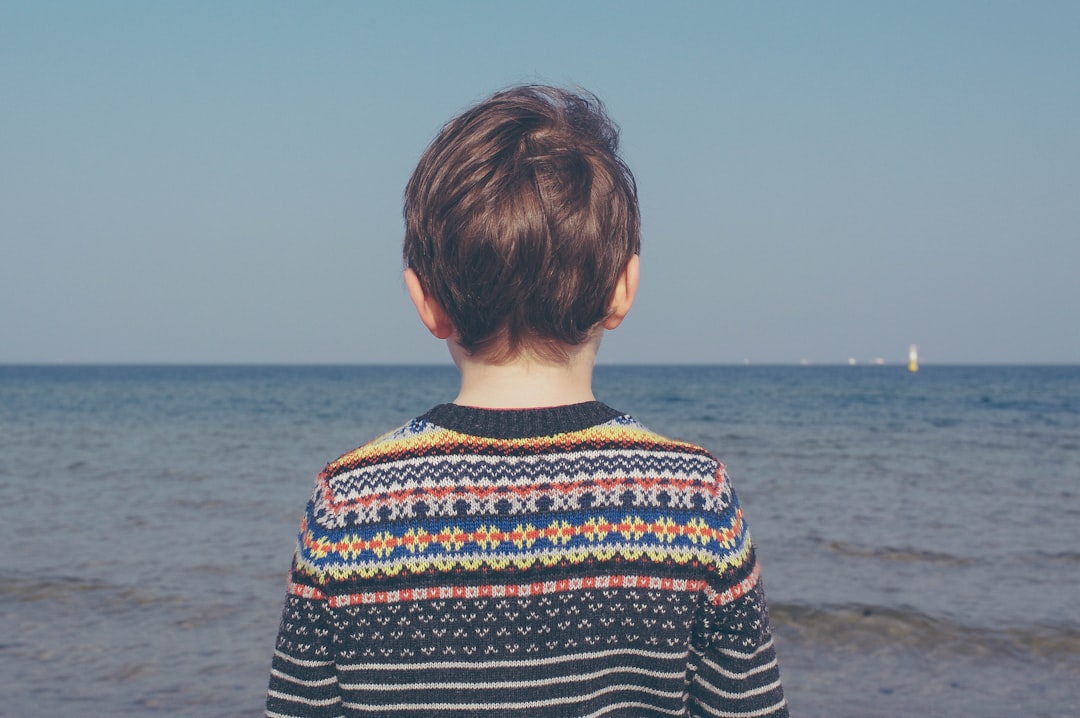- The Daily Tonic
- Posts
- We are losing too many kids to suicide.
We are losing too many kids to suicide.
Plus: Does food impact hearing loss?
Tuesday. Expect a touch more madness during March Madness this year, with 38 states (plus Washington, DC) now having legalized some form of sports betting. Legal sports bets totaled a whopping $121B in 2023, up 30% year over year (CRAZY STAT—READ MORE HERE). Experts now predict $2.7B will be bet on this year’s NCAA basketball tournaments alone. So, is this much sports betting just innocent fun, or is this another slippery slope that might be doing us more harm than good?
Only time will tell, but let’s just say I don’t exactly feel warm and fuzzy about it. Gambling addiction is a big deal for some people, and our mental health isn’t exactly in a good place right now, to begin with. In fact, the mental health crisis seems to be getting worse every day. How bad are things, and are we doing anything to make things better? Let’s dive in.
DEEP DIVE
Things Aren’t Getting Better
We have a big problem in the U.S., and things just don’t seem to be getting better. The rise in mental health issues among children, marked by increased anxiety, depression, and a significant spike in suicides and self-harm attempts, is one of the most concerning health-related problems we are faced with today. In fact, kid’s mental health was the top patient-safety concern for 2023 (It’s bad—READ MORE HERE).
As a parent, the statistics are terrifying. Between 2001 and 2020, suicides among 10 to 18-year-olds climbed over 50%, with instances of self-poisoning among 10 to 12-year-olds and 13 to 15-year-olds rising 73% and nearly 50%, respectively, from 2019 to 2021.
Kids this young shouldn’t have a worry in the world. But instead of being joyful little kids, so many of them are opting to tragically end their lives. So, how did things get so bad? And what are we doing to address the root causes and provide effective interventions?
Experts believe that the societal shift towards heavy reliance on technology, coupled with the unrealistic academic pressures placed on young individuals, may be contributing to the worsening mental health landscape. Social media often serves as a double-edged sword, offering a platform for connection while simultaneously fueling feelings of isolation, inadequacy, and relentless comparison among its young users.
Some people may still think that TikTok, Instagram, and Snapchat are harmless platforms for sharing silly dances and staying connected with friends, but the data is clear. These apps harm our kids, plain and simple.
Recognizing the urgency of the situation, there is proposed legislation that aims to fortify the support system for vulnerable youths. The bill seeks to enhance training for healthcare providers to identify at-risk patients early, promote evidence-based suicide prevention practices, and establish a centralized information hub on suicide prevention for families and professionals.
All good things.
Additionally, it highlights the importance of open communication between parents and their children regarding the potential harms of social media and the pressures of academic achievement. Parents can foster a healthier environment that nurtures self-esteem and resilience against societal pressures by setting boundaries and engaging in discussions about online activities.
The key takeaway? A child should never feel the need to resort to some sort of self-harm. As parents and stewards of this future generation, we need to do better. The complex challenge of improving kid’s mental health is going to require legislative action, parental involvement, educational reforms, and community support, but they deserve that we figure this out.
By addressing the underlying causes of stress and providing accessible resources and interventions, society can hope to reverse the troubling trends in child and adolescent mental health. This generation desperately needs us to act now. What other choice do we have?
OUR PICKS
Tonic Shots
FROM THE ARCHIVE
Does Food Impact Hearing Loss?

We’ve all had this experience with a grandparent or an older neighbor. You say something, and they hear something else — and that’s if they hear you at all. Many people think losing your hearing is just a normal part of getting old, but that's not entirely true. It turns out that there is more to hearing loss than it simply being inevitable as we age.
Hearing loss is a big problem in today’s world. According to the World Health Organization (WHO), hearing loss affects about 466 million people worldwide. That's a lot of people! It's even more common as people age, affecting 30% of those over 65.
But this is where things get interesting. Did you know that what you eat might affect your hearing? That’s right — some studies have found that the food you eat and how you live your life might affect how well you can hear.
Think about the kinds of foods most people eat, and it is no surprise that hearing loss is so prevalent today. Research shows that a high-sugar diet might increase the risk of hearing loss. On the bright side, though, foods high in omega-3 fats and vitamins like vitamin C, folate, and antioxidants might protect your hearing.
SUPPORT US
Support Our Team 🧡
We're all about making your journey towards better health enjoyable and insightful. By becoming a member of The Daily Tonic family, you're not just supporting us, you're elevating your own wellness journey!
We believe in the power of community and the impact of your support. Your membership helps us continue delivering the best health and wellness newsletter around. If you enjoy starting your day with a dose of wellness wisdom from The Daily Tonic, consider joining us as a member.
